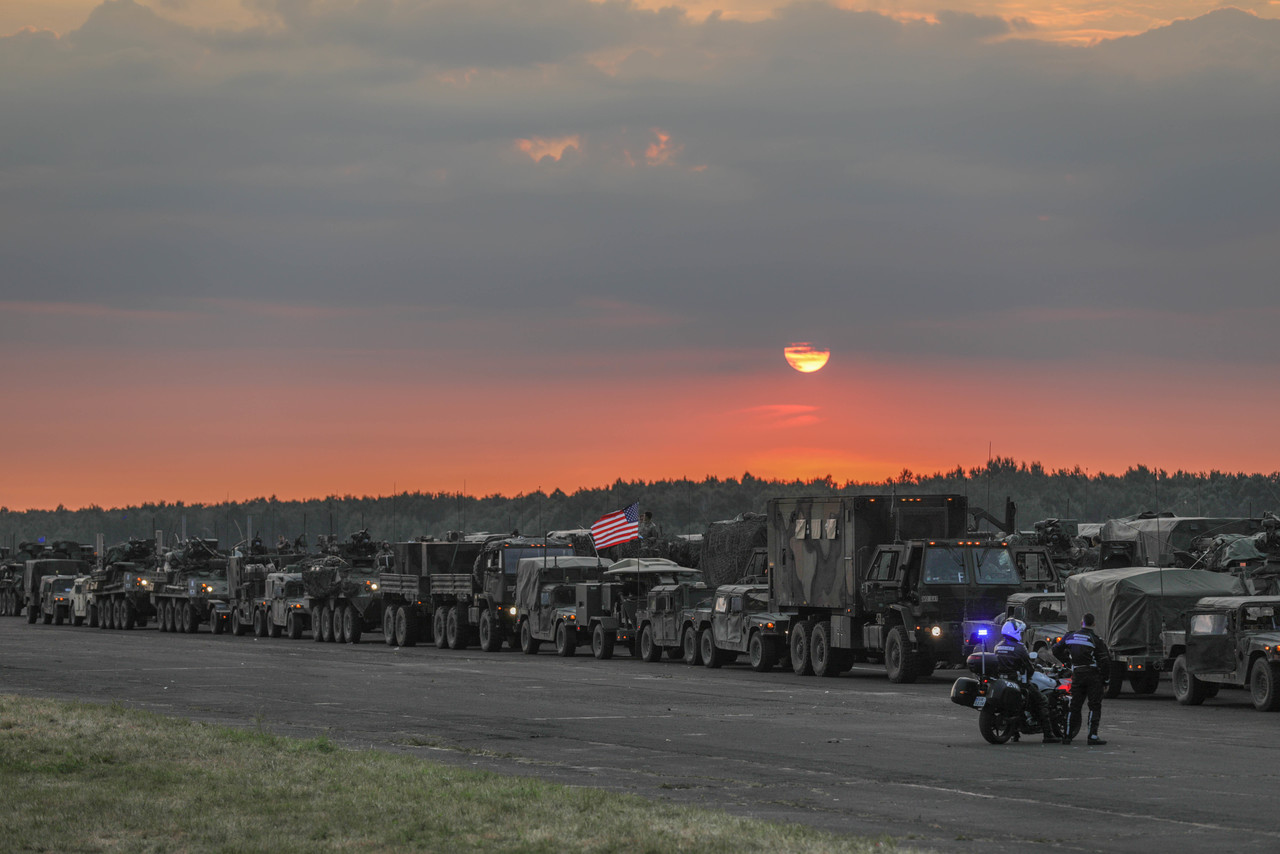The United States will bring some American service members home from their forward stationed assignments in Germany, while other service members will move to other locations in Europe to improve the commitment to NATO and the defense of Europe. The plan is for U.S. European Command to reposition 11,900 personnel who are currently stationed in Germany to other locations. The move will reduce the number of U.S. military personnel in Germany from about 36,000 to 24,000. Repositioning could begin in weeks, he said, adding that with 24,000 American service members, Germany would still host the highest number of U.S. troops of any nation in NATO.
About 5,600 service members being moved out of Germany will stay within Europe. They will be moved to other NATO nations, Esper said. An additional 6,400 personnel will return to the United States, though Esper said this will not mean less support of NATO allies, because instead of having permanently stationed forces in Germany, other military units will begin rotational deployments farther east on the continent in more strategic locations, such as near the Black Sea region. The Eucom headquarters and the associated U.S. Special Operations Command-Europe headquarters, for example, would move from Germany to Mons, Belgium, where they would be located with Supreme Headquarters Allied Powers Europe.

Eucom intends to reposition three brigade-sized headquarters, an air defense artillery battalion, and an engineering battalion to Belgium from Germany, as well as move two smaller support and contracting organizations to Italy. He said the 52nd Civil Engineering Squadron, an Air Force unit, could be one of the first to move. The plan is to put that unit in Italy. Eucom also proposes relocating an F-16 fighter squadron and elements of a fighter wing to Italy. Esper said the move will put those units closer to the Black Sea region, better enabling them to support NATO in the southeast. There are also plans to rotate forward the lead element of the Army’s 5th Corps headquarters to Poland, Esper said, contingent on Warsaw signing a defense cooperation agreement. There may also be other opportunities to move additional forces into Poland and the Baltics.
The plan will consolidate headquarters to strengthen operational efficiency, will reposition some forces to the United States to focus on readiness, and place rotational forces in the Black Sea region on NATO’s southeastern flank. These force posture changes meet the Secretary’s above core principles while adapting our force posture to address national security concerns in today’s environment. In addition, these changes will prioritize service members and their families as they relocate throughout the process. The U.S. will also relocate U.S. European Command (EUCOM) headquarters, along with U.S. Special Operations Command Europe, from Stuttgart to Belgium.













